Revolutionizing Aviation: The Future of Fuel Injection Systems in Aircraft Design
The aerospace industry is on the brink of a significant transformation, driven by innovations in the fuel injection system in aircraft. According to a market analysis report by ResearchAndMarkets, the global aircraft fuel injection systems market is projected to grow at a CAGR of over 6% from 2022 to 2027, reflecting a rising demand for efficient and environmentally sustainable aviation solutions. As aircraft manufacturers strive to meet stricter emissions regulations and improve fuel economy, the integration of advanced fuel injection technologies is becoming increasingly critical. These systems not only enhance engine performance but also reduce harmful emissions, aligning with global efforts to combat climate change. Furthermore, advancements in electronic fuel injection technology promise greater control over fuel-air mixtures, leading to improved engine efficiency and reliability. As we venture deeper into the 21st century, understanding the evolution and future developments of fuel injection systems in aircraft will be vital for stakeholders across the aviation sector.
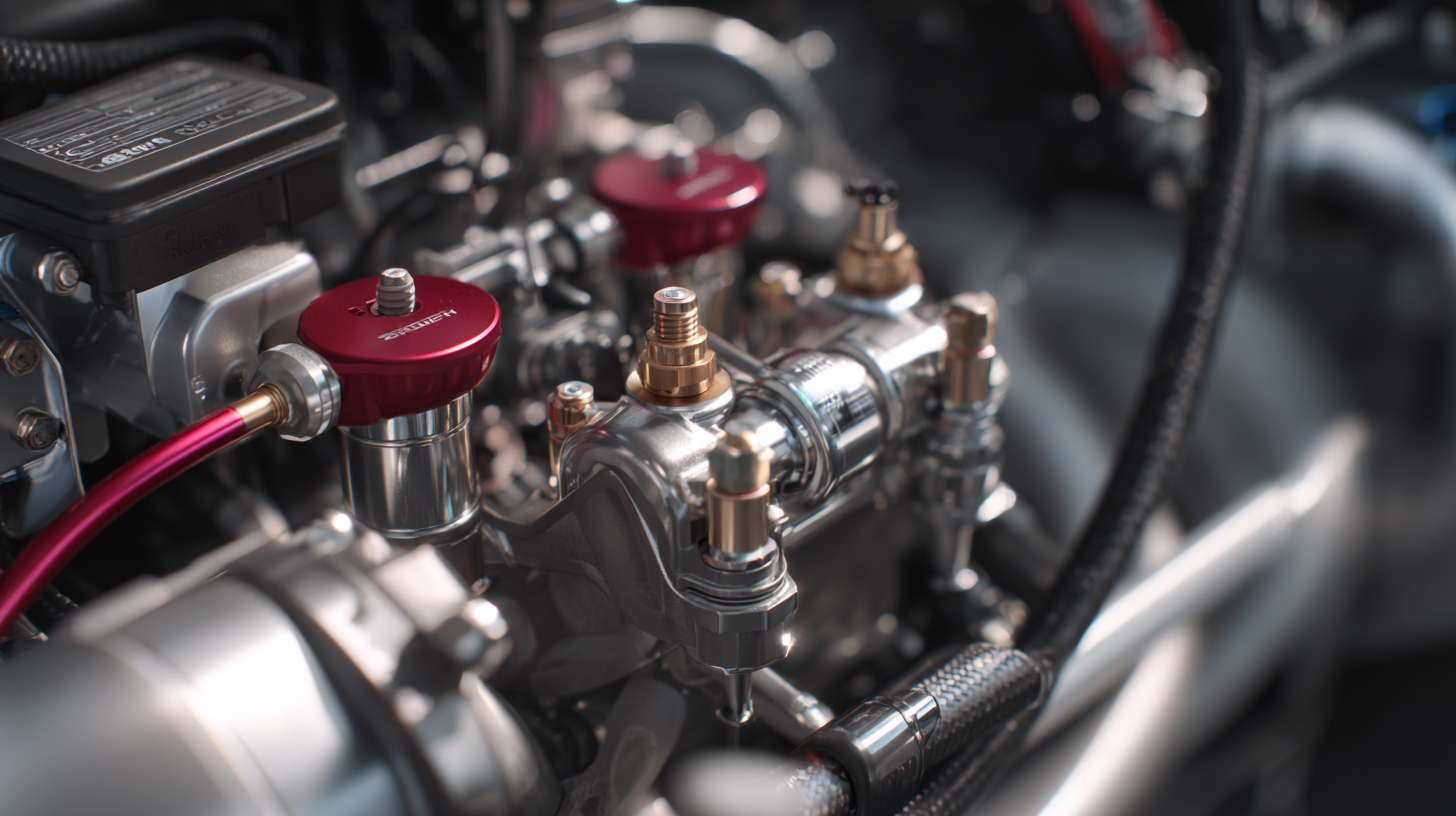
The Shift Towards Electric and Hybrid-Electric Aircraft: Fuel Injection System Adaptations
The aviation industry is undergoing a significant transformation with the increasing adoption of electric and hybrid-electric aircraft. According to a report by the International Air Transport Association, almost 30% of the world's airline fleets are expected to be powered by electric or hybrid systems by 2030. This paradigm shift necessitates a reevaluation of fuel injection systems in aircraft design, particularly as these systems adapt to new technologies. Current fuel injection methodologies must evolve to accommodate diverse energy sources, ensuring optimal efficiency and performance while minimizing environmental impact.
As manufacturers pivot towards these innovative frameworks, incorporating advanced materials and smart technologies into fuel injection systems will be crucial. Reports from the International Civil Aviation Organization indicate that hybrid-electric systems could reduce fuel usage by up to 40%, significantly lowering carbon emissions. This adaptation emphasizes the need for integration with battery technologies and energy management systems to enhance overall aircraft efficiency.
Tip: Aircraft designers should invest in research and collaboration with fuel technology experts to bundle electrical and mechanical systems effectively, ensuring a seamless transition to new power sources. Identifying synergies between traditional fuel systems and emerging electric technologies will be key in achieving sustainable aviation goals. Consider piloting hybrid systems in smaller aircraft to evaluate performance before scaling to larger models.
Innovations in Direct Fuel Injection: Enhancing Performance and Efficiency in Turbine Engines
Innovations in direct fuel injection are set to transform aviation by enhancing the performance and efficiency of turbine engines. A recent report from the International Air Transport Association (IATA) reveals that optimizing fuel usage can lead to a 15-25% reduction in fuel consumption in modern aircraft. This is particularly crucial as airlines face mounting pressure to decrease operational costs while meeting strict environmental regulations. By integrating advanced fuel injection systems, aircraft can achieve more precise fuel metering, improving combustion efficiency and lowering emissions.
One of the promising technologies is the utilization of high-pressure direct fuel injection systems, which allows for better atomization of the fuel. This results in more complete combustion and higher thrust output. According to a study by the FAA, this technology not only enhances engine performance but can also extend engine life by reducing carbon buildup.
Tips: When considering upgrades to fuel injection systems, airlines should work closely with manufacturers to ensure compatibility and compliance with existing aircraft designs. Regular maintenance and calibration of fuel injection systems can also help in optimizing engine performance and fuel efficiency.
Impact of Advanced Combustion Technologies on Sustainable Aviation Fuel Injection Systems
As the aviation industry seeks to reduce its carbon footprint, advanced combustion technologies are at the forefront of developing sustainable fuel injection systems. According to a recent report by the International Air Transport Association (IATA), by 2050, the aviation sector aims to achieve net-zero carbon emissions, which will heavily rely on innovations in fuel technologies. One of the critical advancements is the implementation of high-efficiency fuel injectors that optimize the combustion process, enabling a more complete burn of sustainable aviation fuels (SAF).
The shift towards SAF is backed by research from the International Council on Clean Transportation (ICCT), which estimates that using SAF can reduce lifecycle greenhouse gas emissions by up to 80% compared to conventional jet fuel. These new injection systems are designed to work seamlessly with SAF, enhancing engine performance while minimizing waste and emissions. The integration of smart technologies and machine learning algorithms further allows for real-time adjustments to fuel delivery, which improves combustion efficiency and lowers overall fuel consumption.
Tips: When considering the future of aviation technology, operators should prioritize aircraft with adaptable fuel systems that can utilize both traditional and sustainable fuels. Furthermore, ongoing training for maintenance crews on the nuances of these advanced systems will be crucial for maximizing their efficiency and ensuring safety. As the industry evolves, staying updated with the latest developments in fuel technologies will be vital for achieving sustainability goals.
Data-Driven Insights: Analyzing Fuel Efficiency Improvements from Next-Gen Injection Systems
As the aviation industry continues to seek innovative solutions to enhance fuel efficiency, next-generation fuel injection systems are proving to be a game-changer. Recent studies indicate that advanced fuel injection technologies can improve fuel efficiency by up to 15%, significantly reducing operational costs for airlines. According to a report by the International Air Transport Association (IATA), the implementation of these systems could potentially save the aviation sector approximately $25 billion annually in fuel costs by 2030.
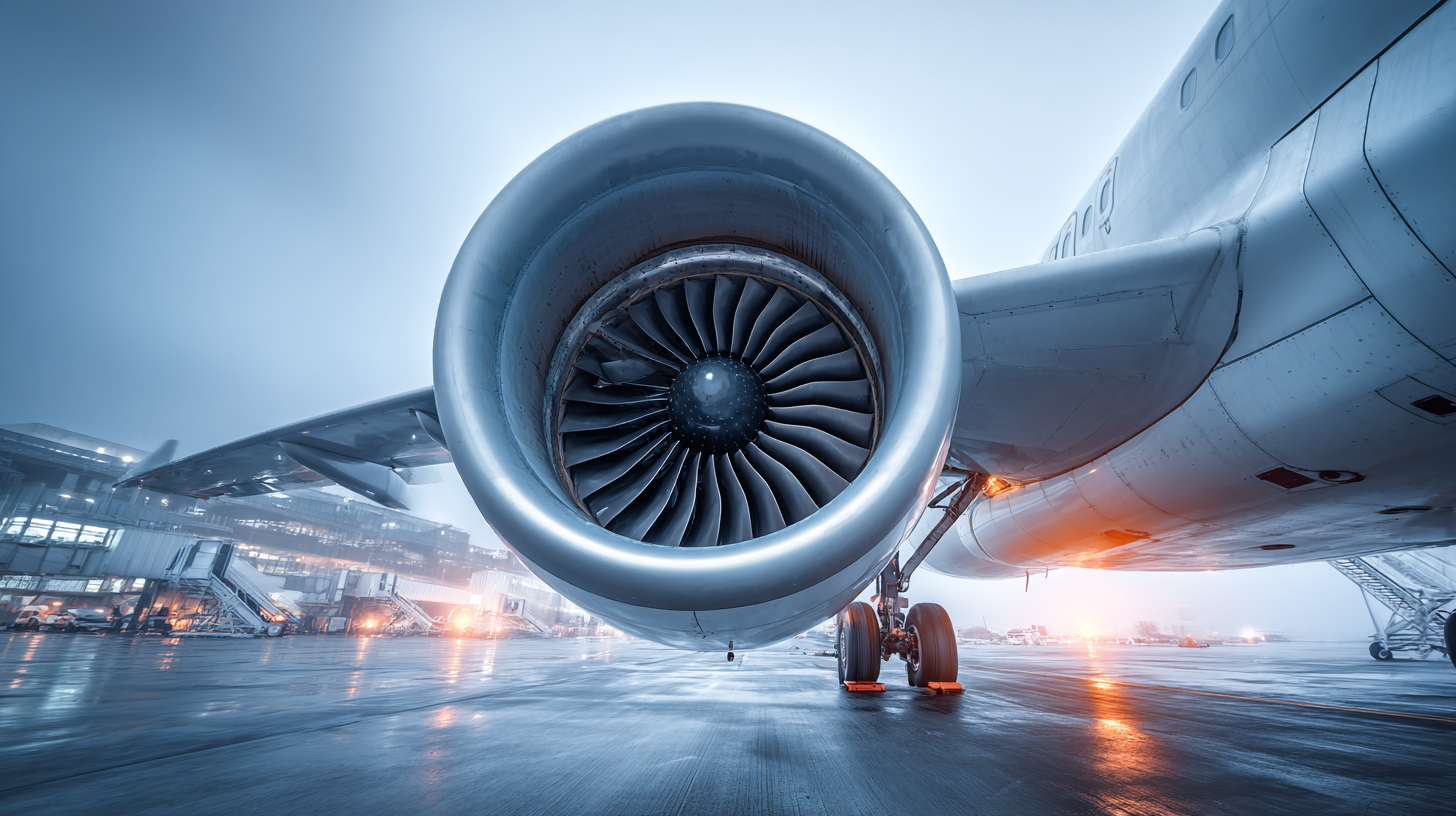
In addition to cost savings, the environmental impact of optimized fuel injection systems cannot be overlooked. Data suggests that newer injection technologies can lead to a reduction in CO2 emissions by 8% to 12%, contributing to the industry's broader commitment to sustainability. Furthermore, a joint study from NASA and the FAA highlights that the transition to more efficient fuel injection systems can decrease noise pollution, benefiting both aircraft performance and community relations.
Tips: When considering upgrades to fuel systems, airlines should evaluate the long-term savings against upfront investments. Additionally, collaborating with manufacturers that prioritize research and development can ensure access to the latest advancements in fuel-injection technology. Regularly assessing fuel management strategies can also uncover opportunities for improvement, maximizing efficiency and minimizing waste in operations.
Regulatory Trends and Future Standards: The Evolution of Fuel Injection System Compliance in Aviation
The aviation industry is witnessing significant regulatory shifts aimed at enhancing the environmental performance of fuel injection systems. With a growing emphasis on sustainability, organizations such as the International Civil Aviation Organization (ICAO) and the Federal Aviation Administration (FAA) have begun to establish stricter compliance standards. According to a 2022 report by the Aircraft Engine Manufacturers Association (AEMA), advancements in fuel injection technology could reduce emissions by up to 20% by 2030. This shift not only addresses regulatory demands but also aligns with global efforts to limit aviation's carbon footprint.
Leading manufacturers are investing heavily in research and development to ensure their fuel injection systems meet upcoming regulatory frameworks. The European Union Aviation Safety Agency (EASA) is expected to introduce new guidelines that prioritize efficient fuel usage and lower emissions, potentially transforming existing engine designs. Studies indicate that next-generation fuel injection systems could enhance performance while adhering to these evolving standards. A recent analysis highlighted that engines equipped with advanced fuel injection technologies could achieve a potential fuel efficiency improvement of 15%, benefiting both the environment and airline economics in the long run.
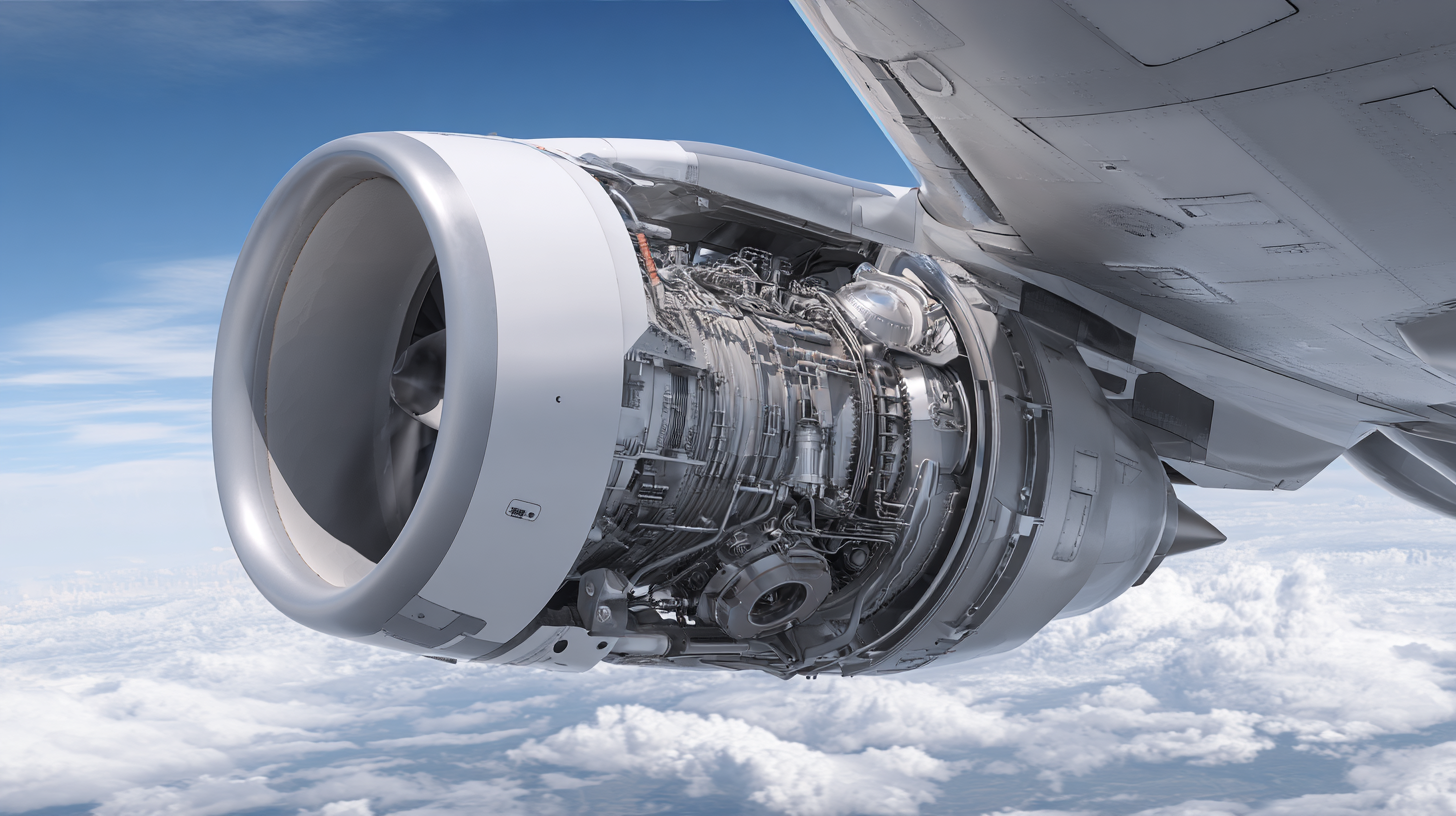
Related Posts
-
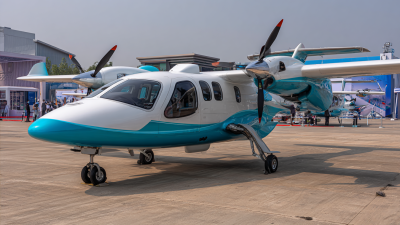
Fuel Injection Aircraft Innovations Showcased at the 138th Canton Fair 2025
-
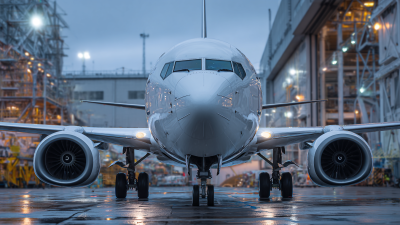
5 Best Solutions for Exceptional Aircraft Service Efficiency
-
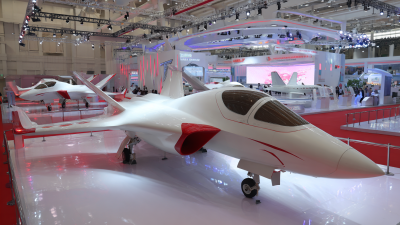
Innovative Aviation Kits Showcase Opportunities at the 2025 China Import and Export Fair
-
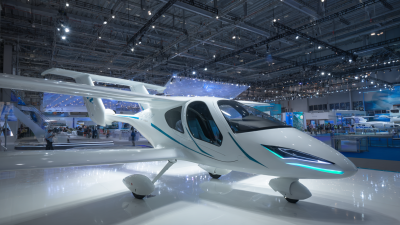
Exploring the Future of Fuel System Aviation at the 138th Canton Fair 2025
